The High Road Program
Overview
The High Road Program is an accredited substance abuse treatment center that provides outpatient detoxification, for men and women from 18+ years of age. As part of their special programs, The High Road Program treats clients with hiv or aids. To help patients achieve sobriety, The High Road Program provides intake assessments. Afterward, patients receive group counseling, family counseling, and individual psychotherapy during treatment. The High Road Program is located in Los Angeles, California, providing treatment for people in Los Angeles County, accepting cash or self-payment, state-financed health insurance plan other than medicaid, and sliding fee scale (fee is based on income and other factors).
The High Road Program at a Glance
Payment Options
- Cash or self-payment
- State-financed health insurance plan other than Medicaid
- Sliding fee scale (fee is based on income and other factors)
- Monthly
Assessments
- Comprehensive mental health assessment
- Comprehensive substance use assessment
Age Groups
- Adults
- Young adults
Operation
- Private for-profit organization
Highlights About The High Road Program
6.68/10
With an overall rating of 6.68/10, this facility has following balanced range of services. Alcohol Rehabilitation: 8.00/10, Drug Rehab and Detox: 6.00/10, Insurance and Payments: 6.00/10, Treatment Options: 6.73/10.-
Alcohol Rehabilitation 8.00
-
Treatment Options 6.73
-
Drug Rehab and Detox 6.00
-
Insurance and Payments 6.00
Accreditations
State department of health:

Government agencies issue State Licenses, granting rehabilitation organizations permission to operate their businesses lawfully within specific geographic regions. The specific licenses needed for legal operation are typically determined by the type of rehabilitation program offered by the facility and its physical location.
Treatment At The High Road Program
Treatment Conditions
- Mental health treatment
- Alcoholism
- Opioid Addiction
- Substance use treatment
- Co-occurring Disorders
Care Levels
- Detoxification
- Aftercare
- Outpatient
Treatment Modalities
- Group counseling
- Family counseling
- Individual psychotherapy
- Life Skills
- Cognitive Behavioral Therapy
Ancillary Services
Languages
- Spanish
Special Programs
- Clients with HIV or AIDS

Additional Locations
Get Help Now
Common Questions About The High Road Program
Contact Information
Other Facilities in Los Angeles
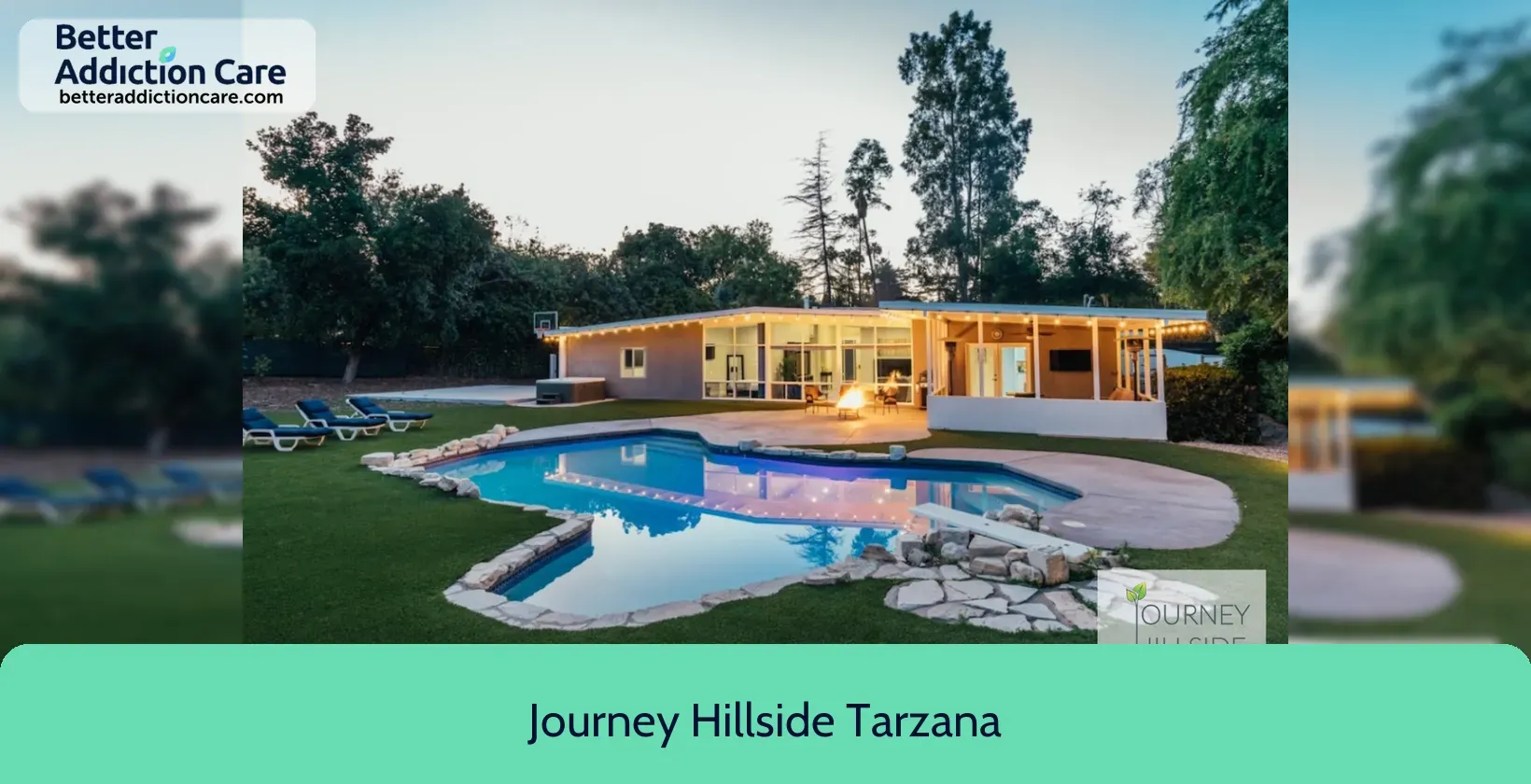
6.72
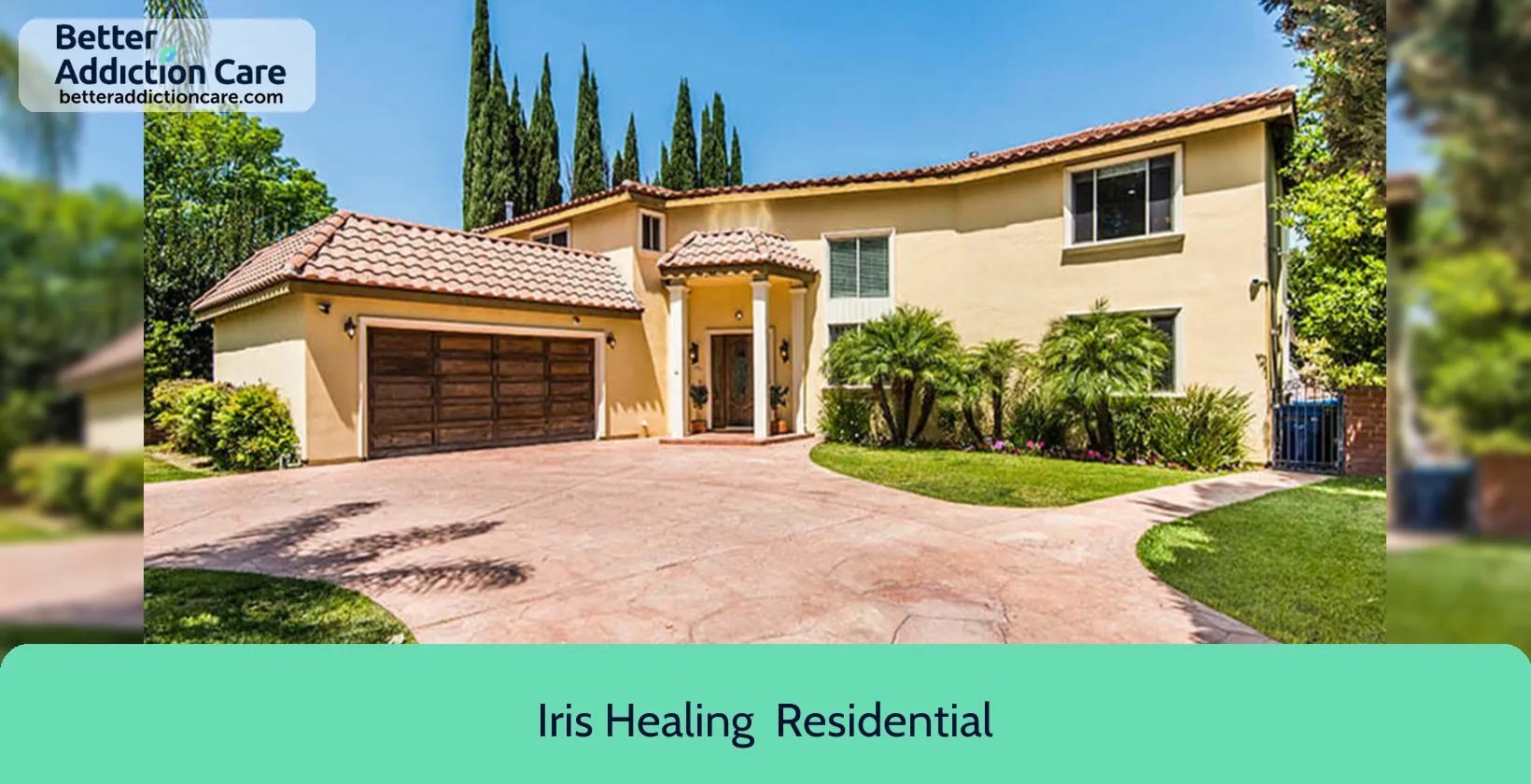
7.11
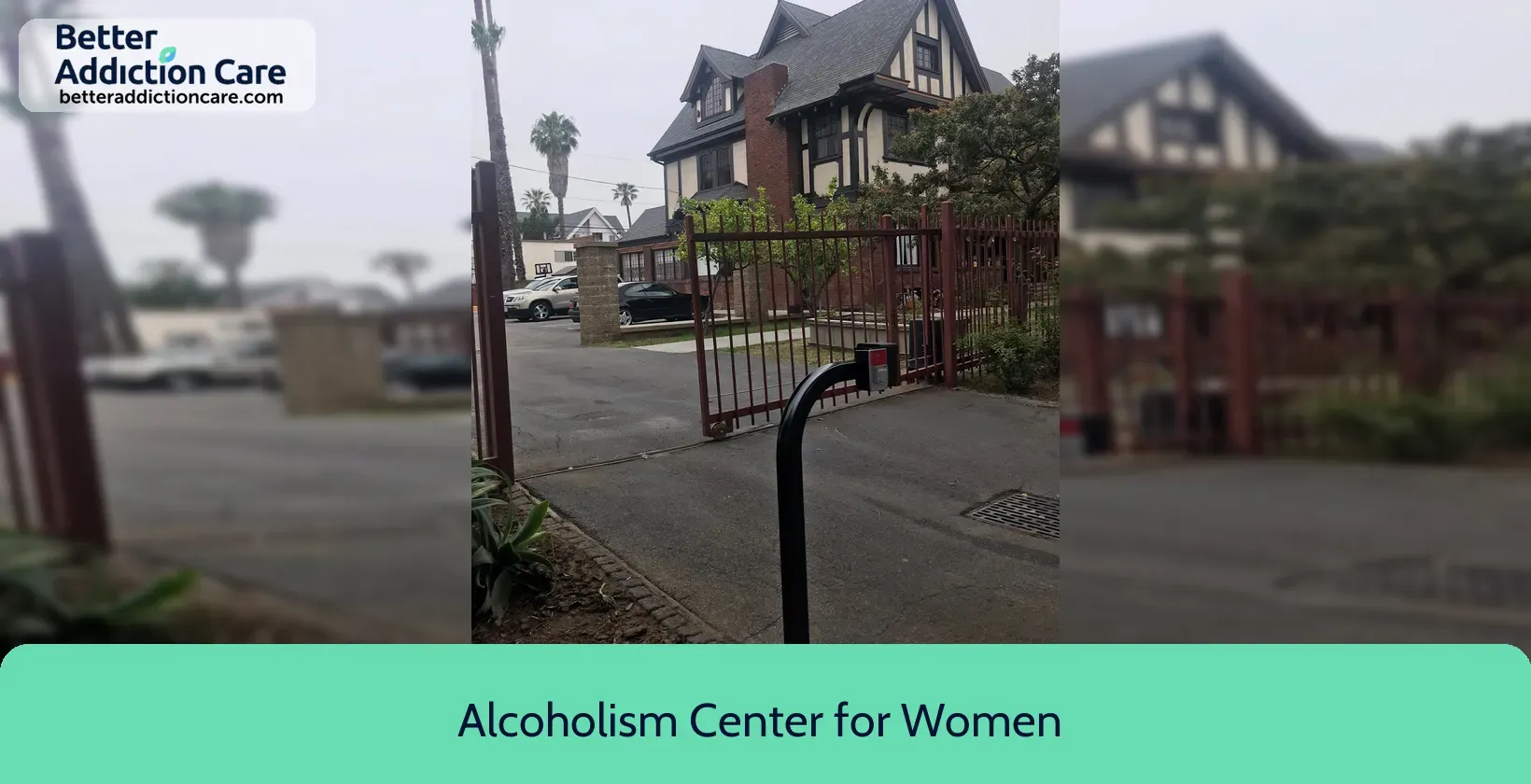
6.91
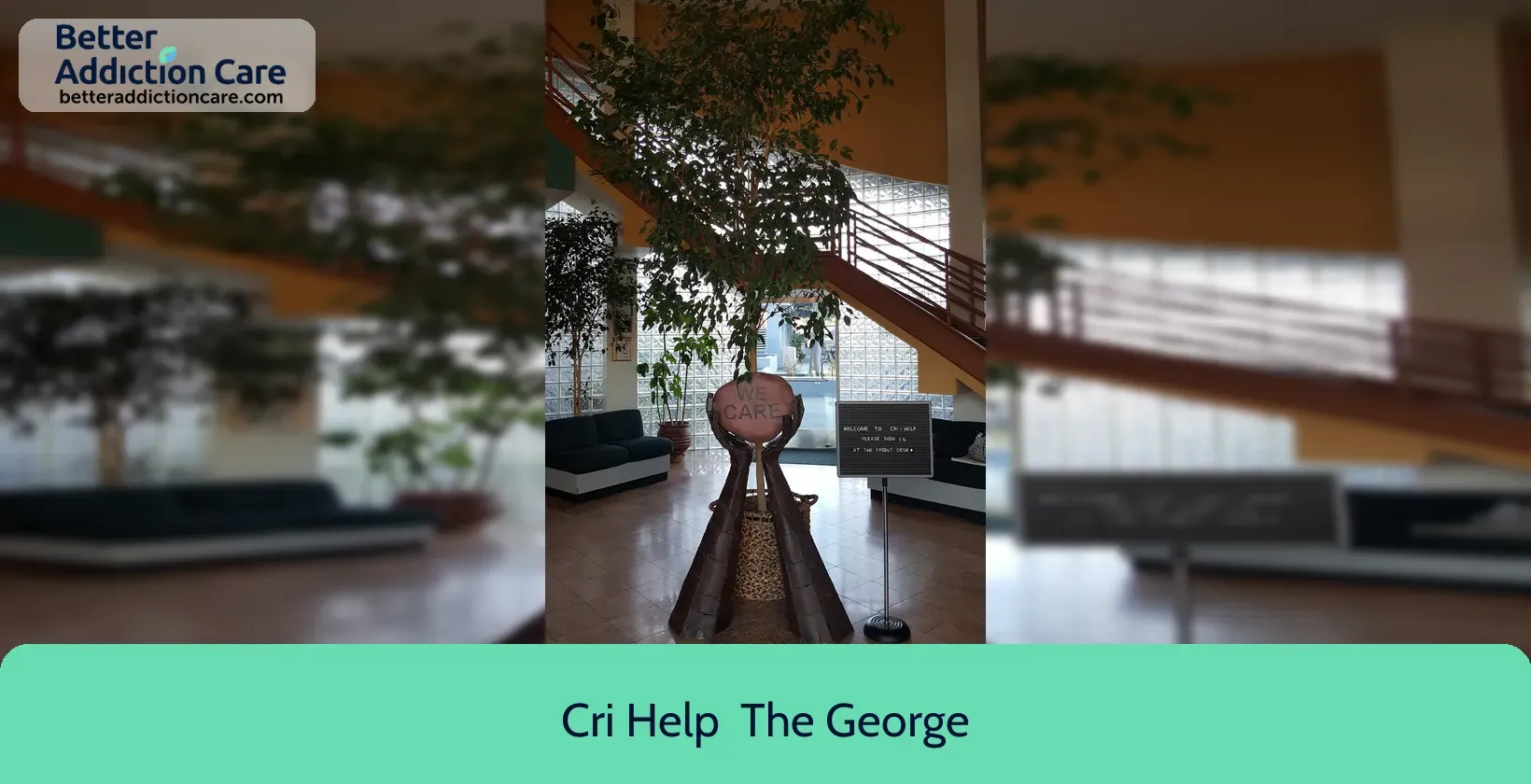
6.95

6.91
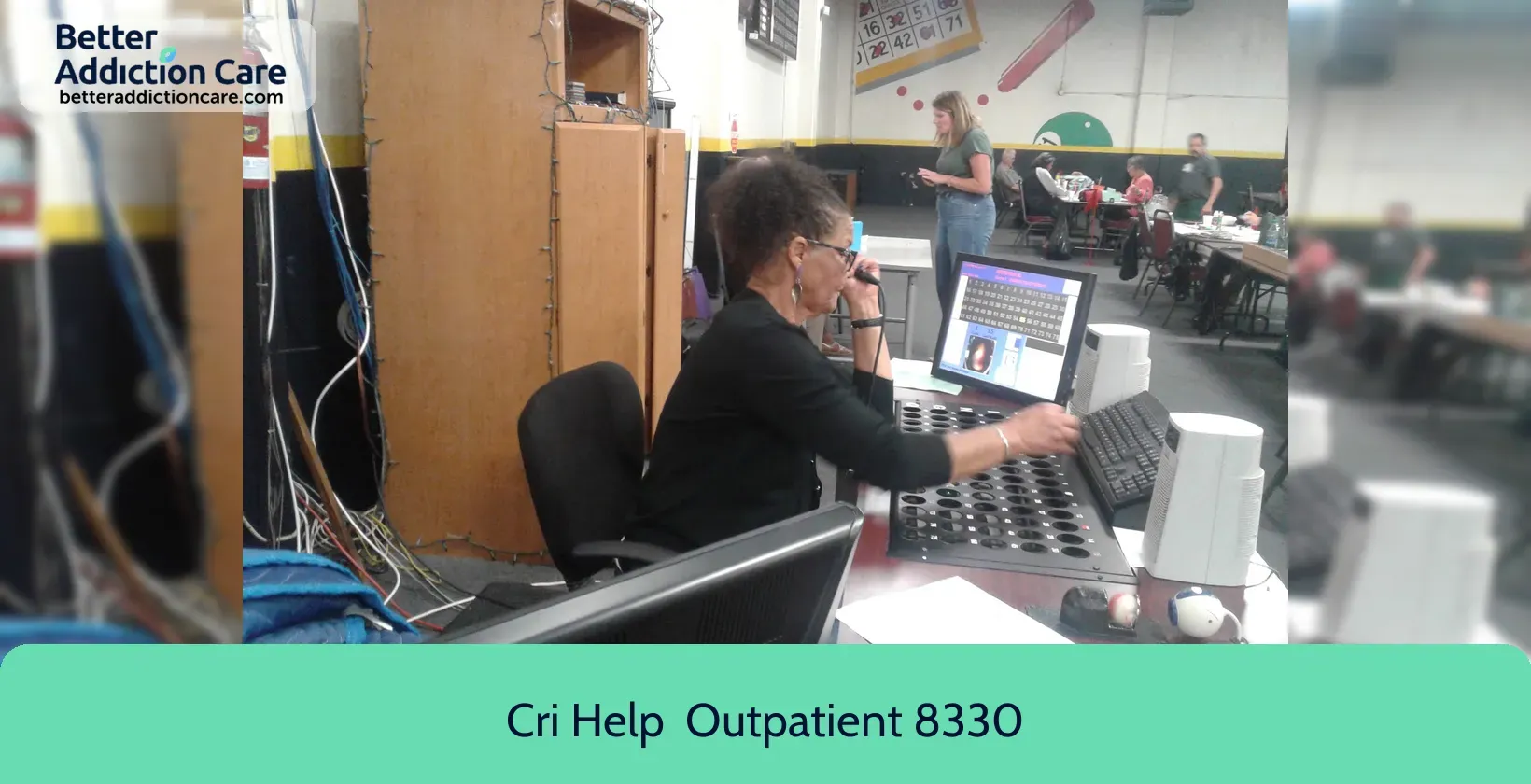
6.85
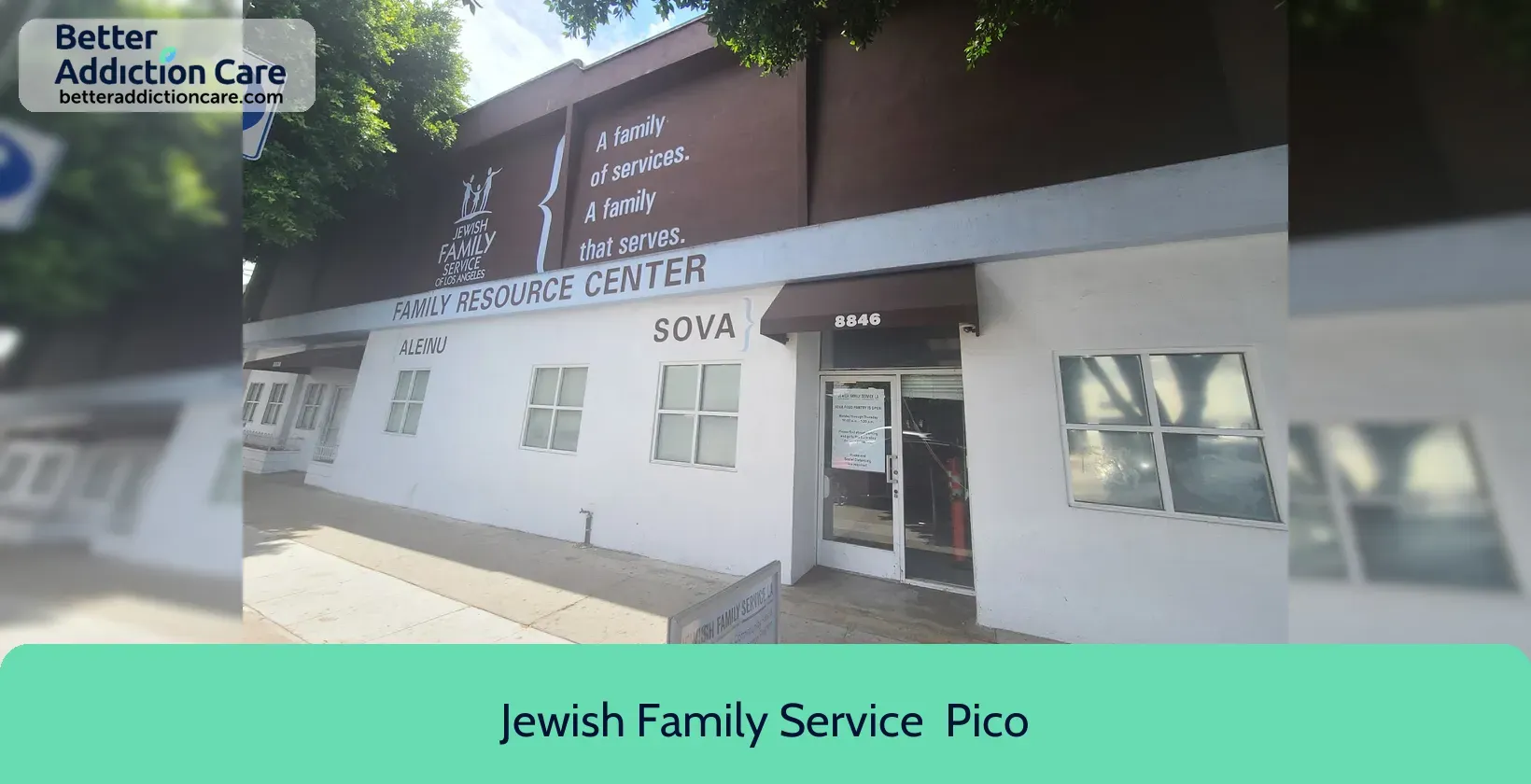
6.94
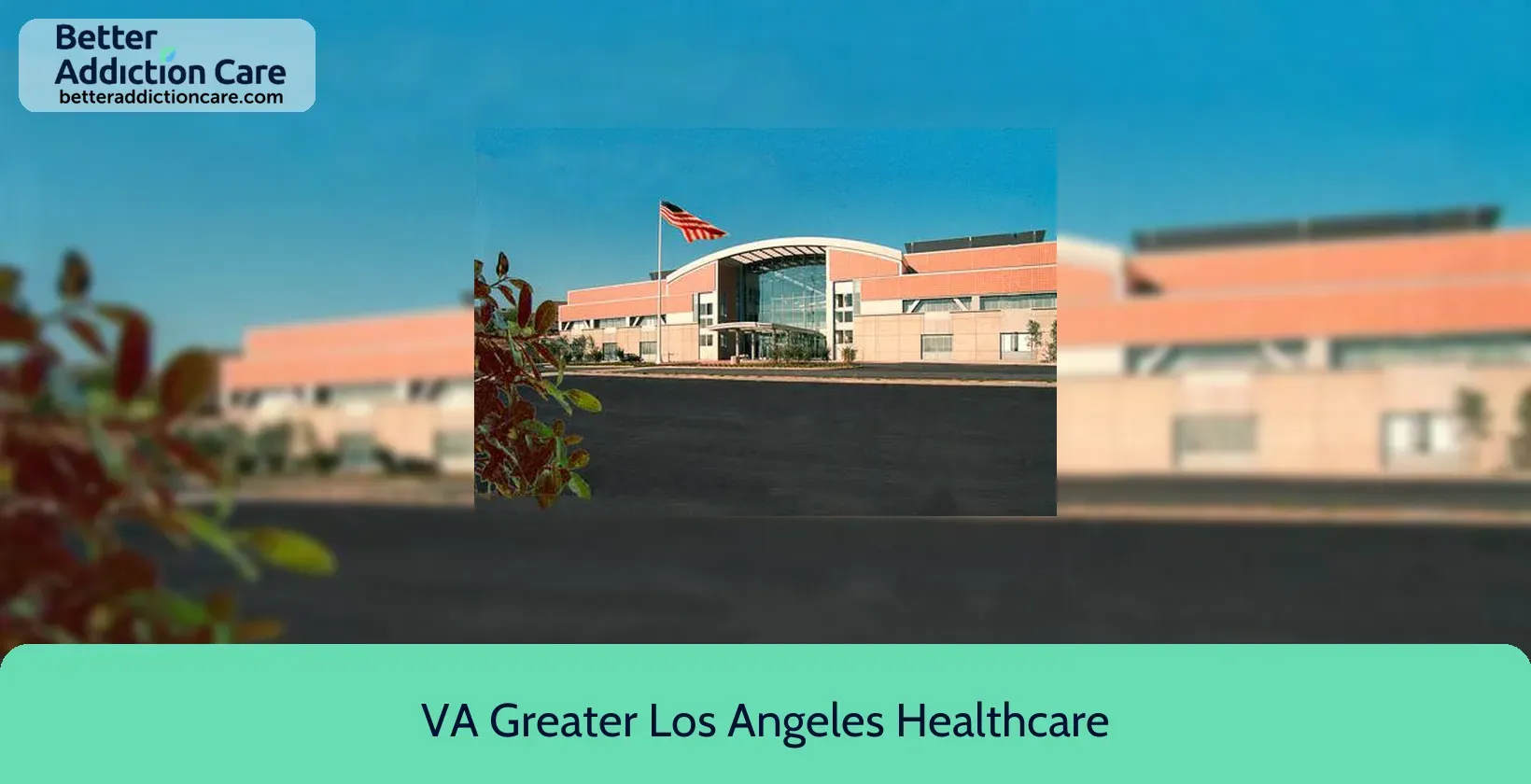
7.34
DISCLAIMER: The facility name, logo and brand are the property and registered trademarks of VA Greater Los Angeles Healthcare System - Sepulveda Ambulatory Care Center, and are being used for identification and informational purposes only. Use of these names, logos and brands shall not imply endorsement. BetterAddictionCare.com is not affiliated with or sponsored by VA Greater Los Angeles Healthcare System - Sepulveda Ambulatory Care Center.



